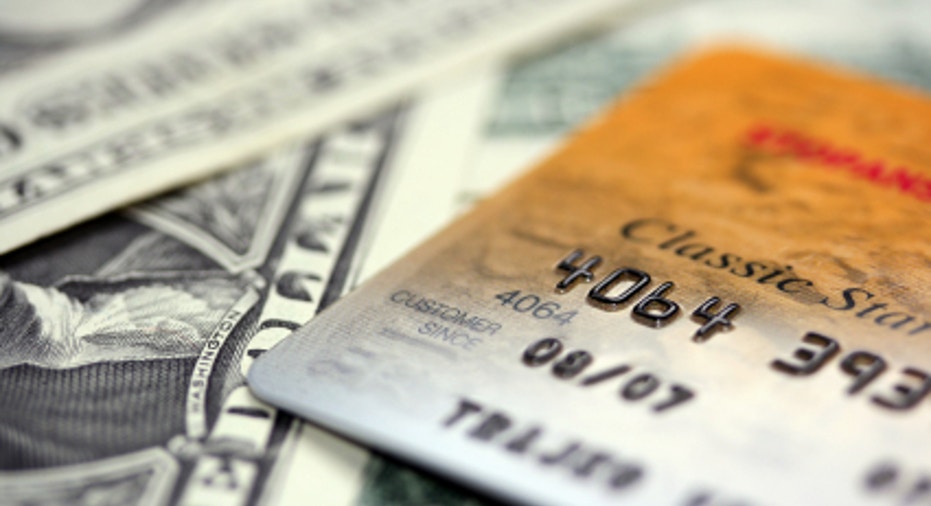Protect Credit Scores When Canceling a Credit Card

Dear To Her Credit,
I want to cancel one of my credit cards but before you immediately shoot down my proposal, please hear me out.
I understand that my decreased debt-to-credit ratio will affect my FICO score if I cancel the card, so I increased my credit limit on another credit card to compensate for this. Before I cancel one of my credit cards, I want to ensure that my score won't suffer adversely within the span of a few days. What are your suggestions?
- Jermaine
Dear Jermaine,
Far be it for me to shoot down your proposal of getting rid of excess credit cards, especially if you're doing it as part of a plan to reduce your consumer debt! In fact, I wish people would focus less on every little point in their credit score and more on improving their total financial picture. If you take care of your finances, for the most part your credit score takes care of itself!
Credit scores are an inexact science. Your score can vary from day to day and from one model to the next. In fact, contrary to popular belief, you don't have just one credit score. There are dozens of scoring models out there, and every scoring model is going to come up with a slightly different score. The different models don't even have exactly the same ranges, but the most widely used credit score -- FICO -- ranges from 300 to 850.
You say you don't want your score to suffer within a few days. Are you applying for a mortgage or more credit? That's the only reason a dip of a few points should concern you. A credit score is not a grade. Most of us can go for years without our credit score affecting us in any way. When we need a good score, for example when we buy that dream home, it becomes very, very important. But your score next month and the month after probably makes no difference whatsoever.
Your exact credit score matters most when it is close to another range. For example, if you have a score of 730, some mortgage brokers will give you their best rates. For most mortgage brokers, however, once your score is over 740, it's not going to make much difference if it's 780 or 790 -- you're already getting the best interest rates available. A FICO score of 800 is a beautiful number, but aside from giving you bragging rights, it won't change your life.
If you are applying for a mortgage (and with interest rates so low, this is a great time to do that), hold off on closing the credit card until after your loan closes. As you probably know, closing an account doesn't just affect your debt-to-credit-limit ratio . It can also adversely affect your credit score if the card you close is your oldest card, because length of credit history is seen as a good thing. Bear that in mind as you decide which card to close. The new credit card eventually becomes old too, however, so as long as you're not card-hopping, it eventually evens out.
The best way to permanently improve both your finances and your credit score is to get that debt-to-credit ratio to zero. With one fewer card, it's time to make a plan to pay off the others.



















